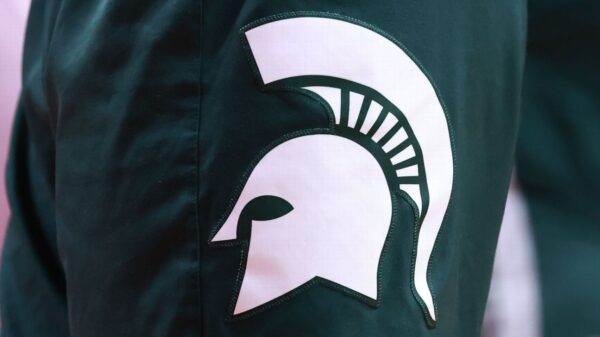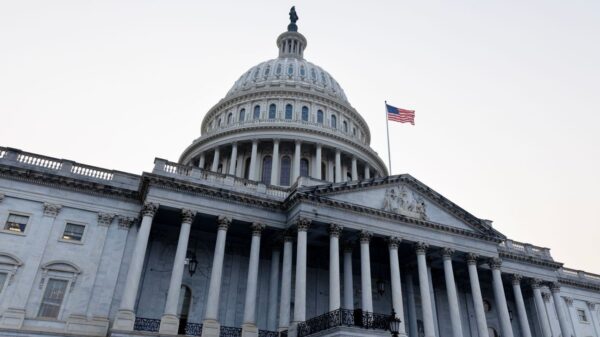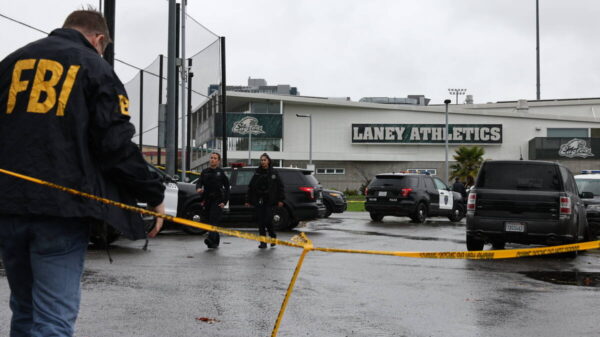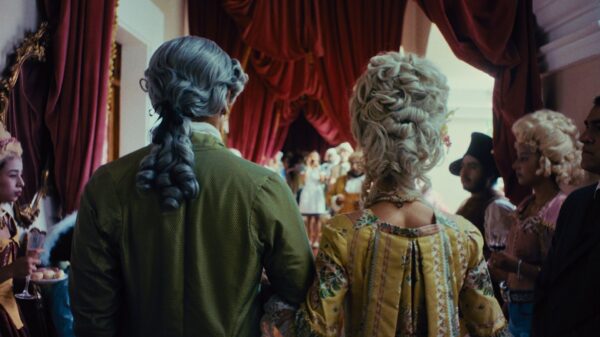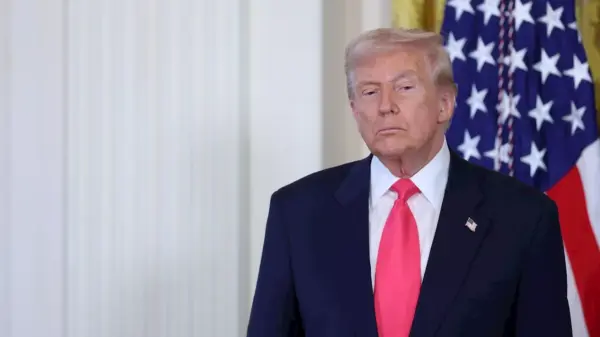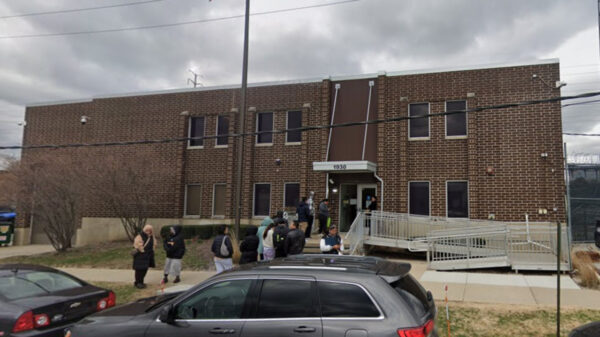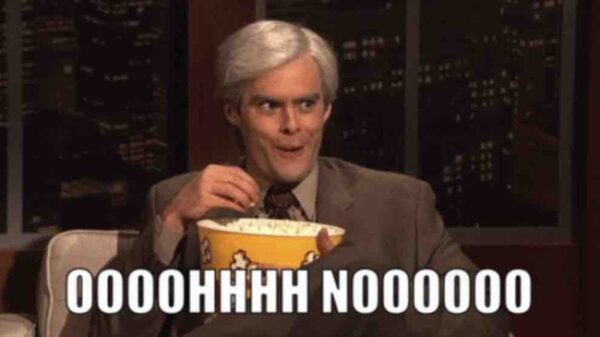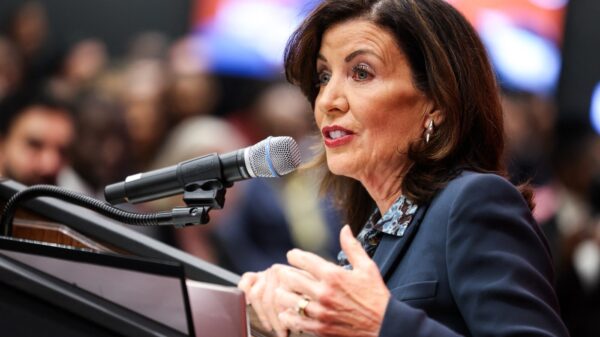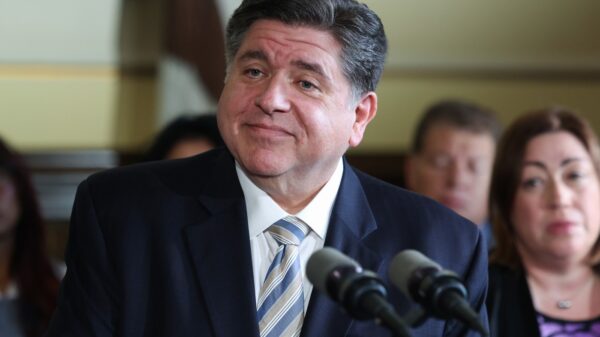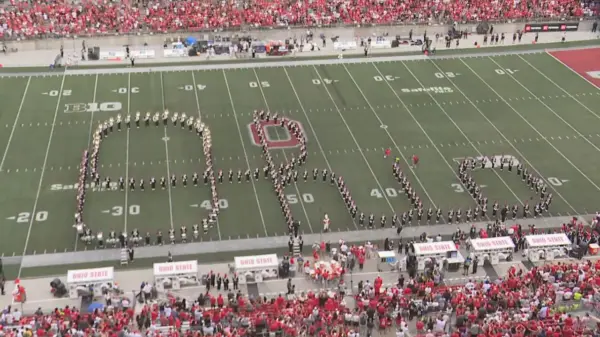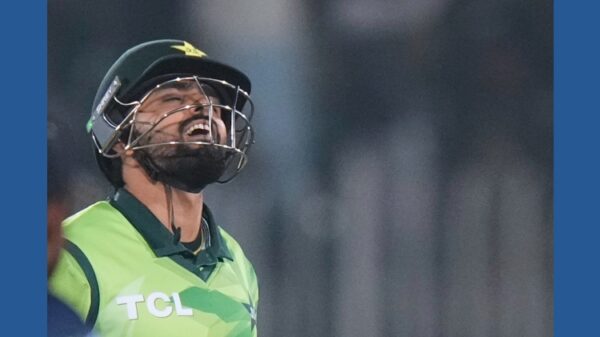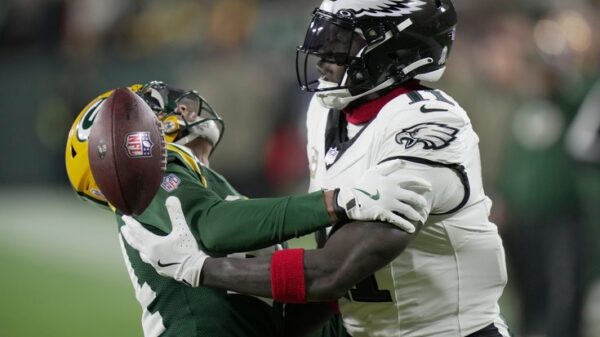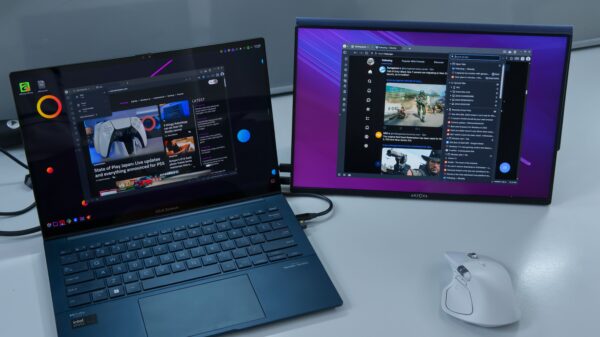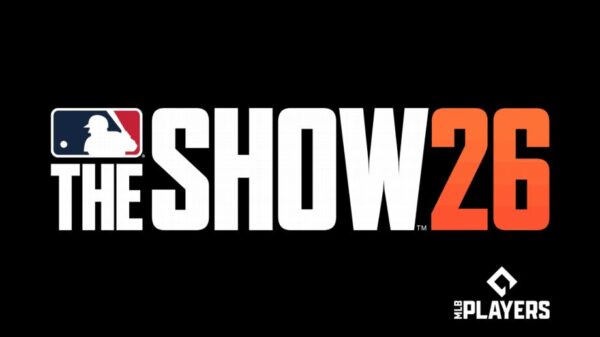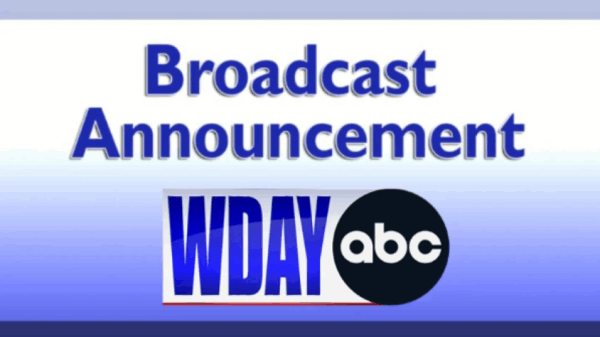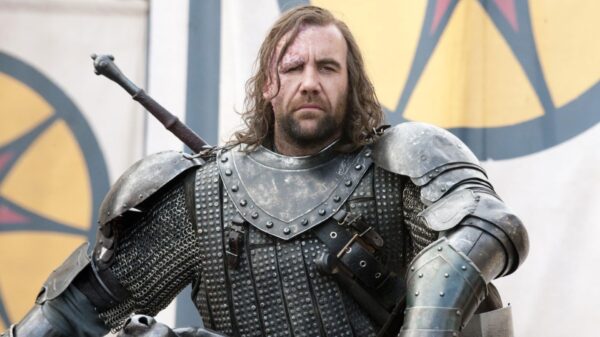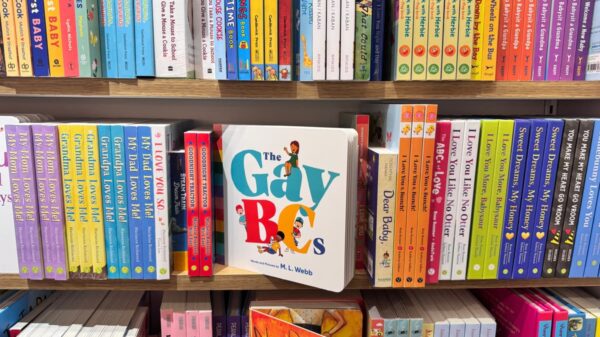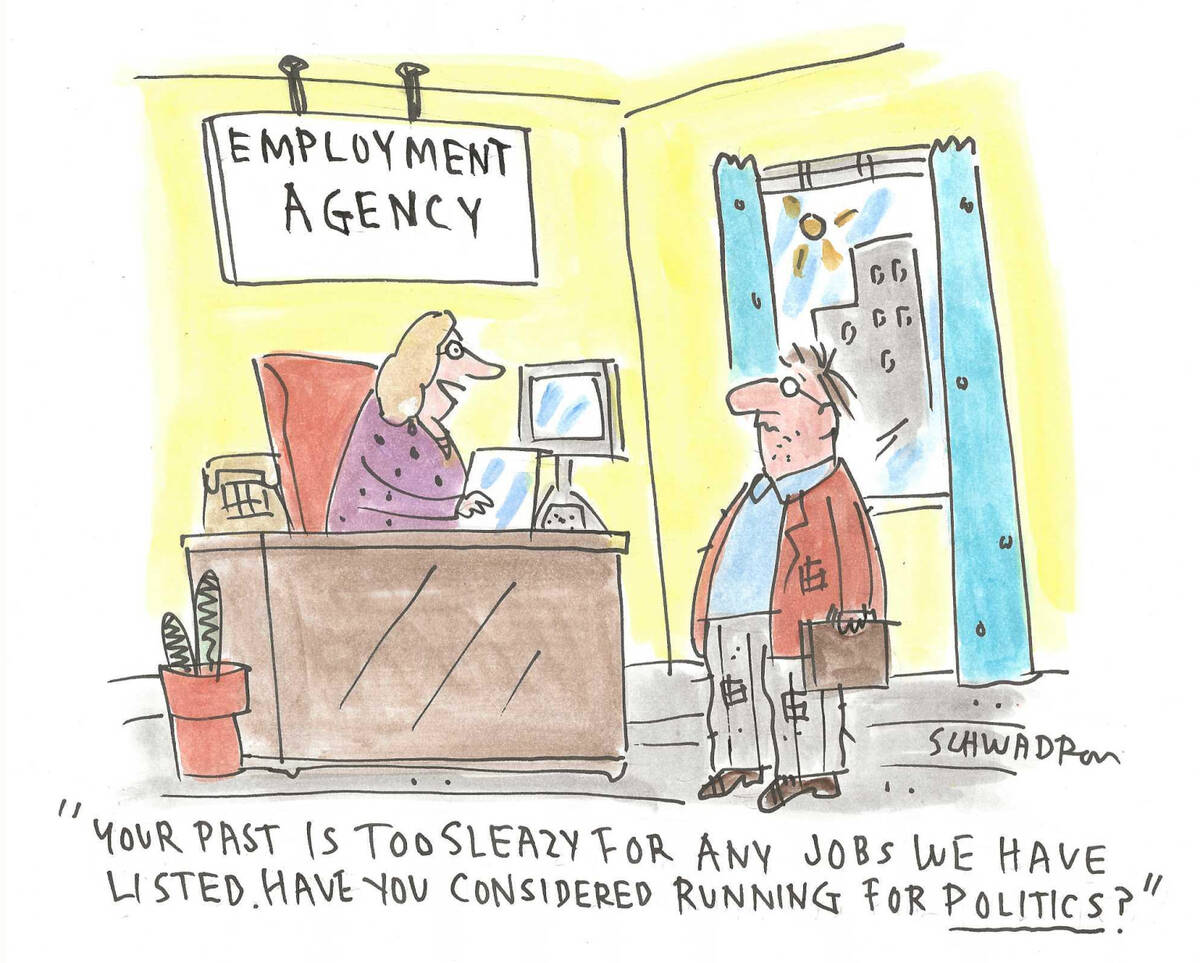Political aspirations often stem from deeply personal motivations, a theme vividly illustrated in recent editorial cartoons from various corners of the globe. These artistic expressions capture the unique and sometimes humorous reasons that drive individuals to seek public office.
Across the United States and beyond, cartoonists have utilized their platforms to reflect on the complexities of political ambition. The cartoons highlight a range of motivations, from a desire for public service to the pursuit of power and influence. Through a blend of satire and commentary, these artworks engage viewers in discussions about what compels someone to step into the political arena.
The editorial cartoons serve as a mirror to society, showcasing how humor can provoke thought about serious subjects. For example, one cartoon depicts a candidate enthusiastically pledging to “change the world,” only to be met with the reality of political bureaucracy. This juxtaposition emphasizes not just the idealism often associated with running for office, but also the challenges that lie ahead.
Global Perspectives on Political Motivation
The phenomenon of political aspiration is not confined to any single nation. Various cartoons from different countries reveal a shared human experience, despite cultural differences. In the United Kingdom, for instance, a recent cartoon portrayed a politician promising transparency while hiding behind a wall of paperwork. This clever imagery resonates with citizens who are increasingly seeking accountability from their leaders.
In Australia, cartoonists have taken a more light-hearted approach. One cartoon features a politician juggling multiple promises, symbolizing the balancing act many candidates face. This visual commentary not only entertains but also reflects the pressure on political aspirants to deliver on their commitments once elected.
As these cartoons circulate, they spark conversations about the integrity and motivations of those who seek to represent the public. They challenge viewers to consider the implications of their choices at the ballot box. This engagement is crucial, as it encourages a more informed electorate, which is essential for a healthy democracy.
The Role of Humor in Political Discourse
Humor, as illustrated by these editorial cartoons, plays a vital role in political discourse. It allows for a critical examination of political ambitions while making the subject more accessible to a wider audience. By using satire, artists can express skepticism or support in a manner that resonates emotionally with viewers.
The impact of these cartoons extends beyond mere entertainment. They can influence public opinion and inspire political engagement. As citizens reflect on the motivations behind political aspirations, they may be more likely to participate in the democratic process, whether by voting or advocating for change.
In summary, editorial cartoons from around the world provide a compelling lens through which to understand the motivations behind political office-seeking. By blending humor with critical commentary, these artworks not only entertain but also provoke thought and dialogue about the nature of politics today. As individuals consider their own political aspirations, these cartoons serve as a reminder of the complexities involved in public service and the importance of accountability.


